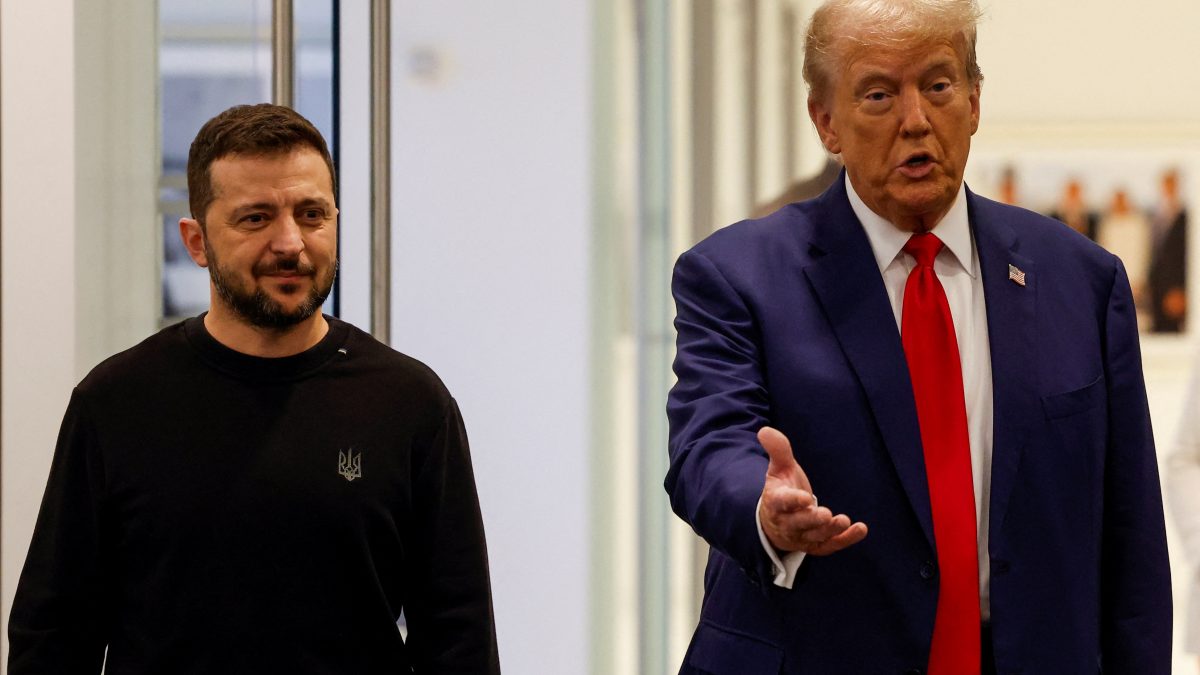Ukrainian President Volodymyr Zelenskyy on Saturday (February 15) said he has blocked US President Donald Trump’s mineral deal with Ukraine as it was lacking “security guarantees” for Kyiv.
Zelenskyy added the proposed plan “does not protect us”.
Zelenskyy’s announcement came after reports surfaced that the Trump administration wanted the US to get 50 per cent ownership of Ukraine’s rare earth minerals.
“The agreement is signed at the ministerial level. But I am the president and I will have an impact on the quality of this document. That is why I did not allow ministers to sign the agreement because it is not ready,” Zelenskyy told journalist at the Munich Security Conference.
“In my opinion, it does not protect us. It is not ready to protect us, our interests,” he added.
“It must be written out legally correctly, correctly, and it is an investment… If all this is connected with security guarantees. I don’t see this connection in the document yet,” he said.
Trump’s mineral deal
The proposed plan, presented to Zelenskyy by US Treasury Secretary Scott Bessent during a meeting in Kyiv on Wednesday, laid out that American troops could be deployed to guard the mineral reserves if a settlement is reached with Russia to end the war, NBC News reported.
The Ukrainian leader declined to sign the document, saying he needed to review the details and consult with his advisors.
The Trump administration, which has taken a strictly transactional route with allies and foes, argues Ukraine should allow US the access to its vast natural wealth in exchange for massive economic and military aid that Washington DC has dispatched to Kyiv over the past three years.
Trump recently said, “We are going to have all this money in there, and I say I want it back. And I told them that I want the equivalent, like $500bn worth of rare earth[…]And they have essentially agreed to do that, so at least we don’t feel stupid.”
Impact Shorts
More ShortsUkraine had floated the idea of opening its critical minerals to investment by allies last autumn, as it presented a ”victory plan” that sought to put it in the strongest position for talks and force Moscow to the table.
(With inputs from agencies)


)

)
)
)
)
)
)
)
)



